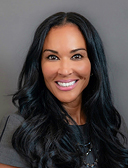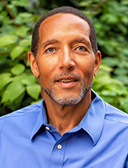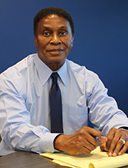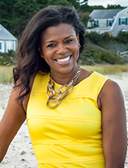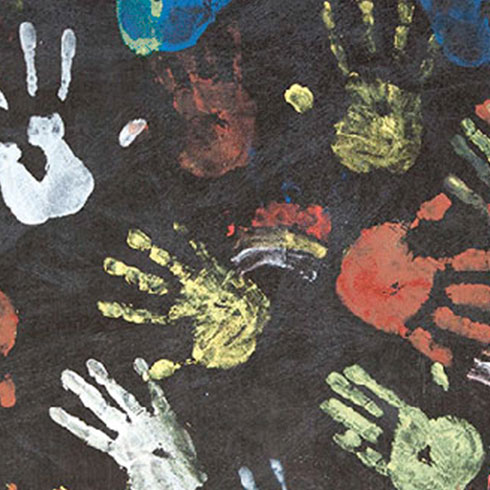This article features third-party individuals not affiliated with Merrill Lynch, Pierce, Fenner & Smith Incorporated ("Merrill") and is for information and educational purposes only. The opinions and views expressed do not necessarily reflect the opinions and views of Merrill or any of its affiliates.
1 Ipsos is one of the world’s largest market research companies, present in 90 markets and employing nearly 20,000 people. Merrill or any of its affiliates are not affiliated with Ipsos. In partnership with Merrill, Ipsos conducted multiple waves of research from 2019 to 2022, employing a variety of research methodologies, starting out by interviewing Merrill stakeholders who serve and represent the diverse communities. In parallel, they synthesized and reviewed an array of publications and academic research on the topics of diversity, wealth and inclusion in financial services and beyond.
The Online Community and the In-Home Qualitative research was conducted from July to September 2019. We spoke with n=6 respondents from each of the three affluent communities in their homes and hosted an Online Community of n=20 respondents from each of Black/African American, Hispanic-Latino, and LGBTQ+ communities.
The Quantitative research was conducted from September 2019 to May 2022. We spoke with n=450+ members of each of the four communities and compared them to a representative sample of the n=1000 respondents from the affluent general population. We surveyed n=455 members of the affluent Black/African American Community, n=512 members of the affluent Hispanic-Latino Community, n=509 members of the affluent LGBTQ+ Community, n=1011 members of the affluent AAPI Community.

